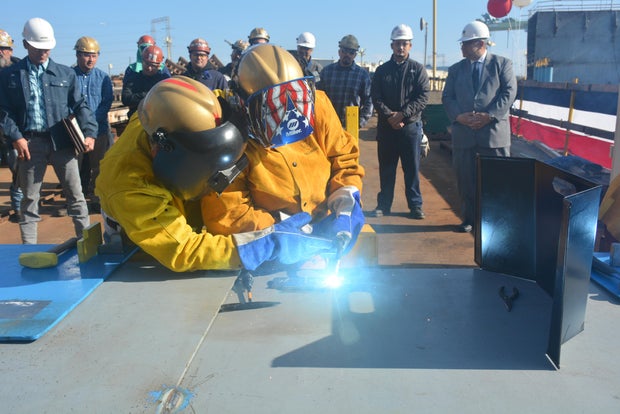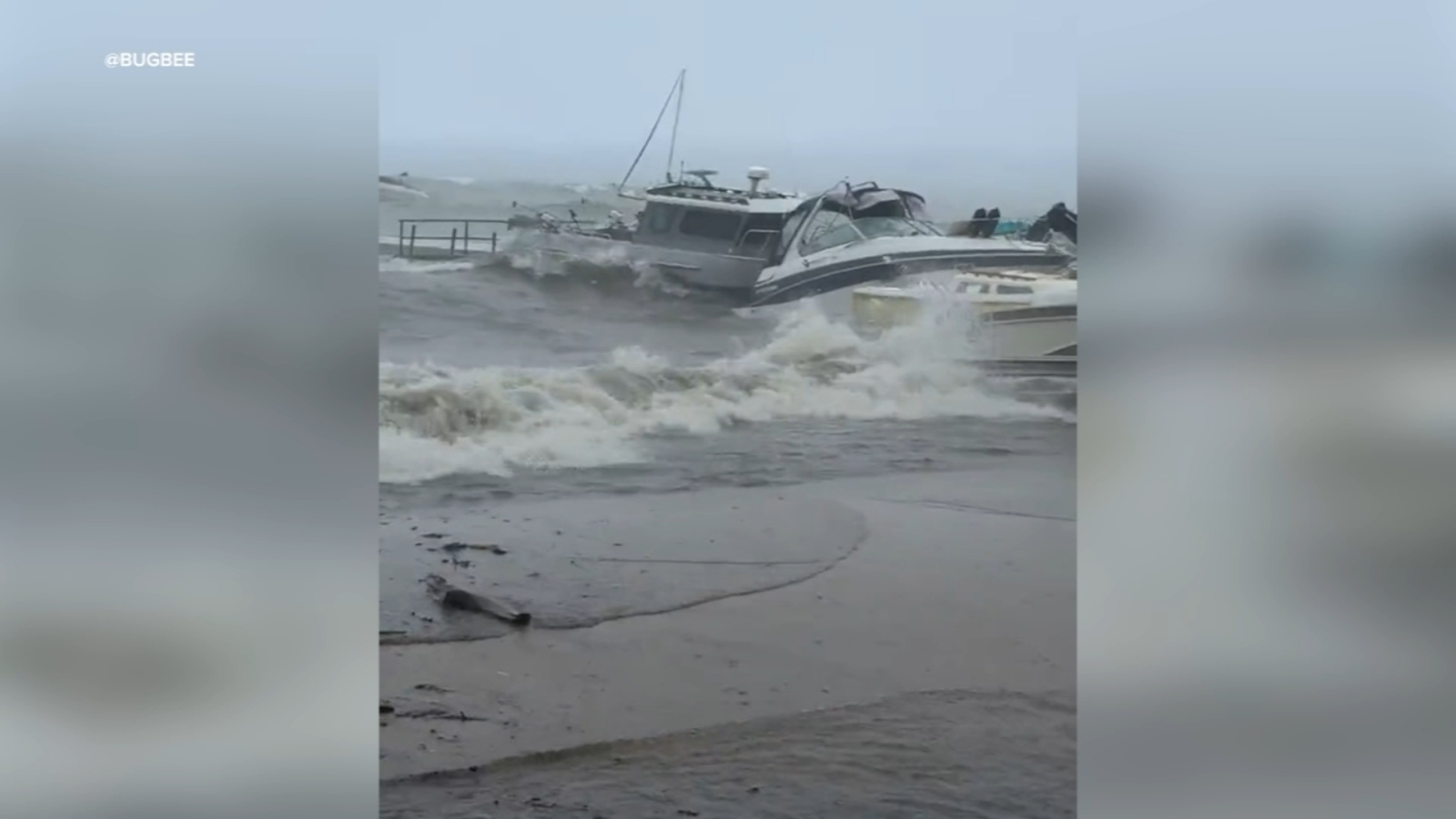As expected, Bluster & Tariffs hitting Maine pretty hard...
Lots of passion, not much policy at summit of New England, Canadian leaders
While American leaders, including Gov. Janet Mills, emphasized the vital role of Canadian tourists, Canadian premiers said they're telling constituents to 'travel around Canada.'
Gov. Janet Mills joined a handful of Northeast governors and Canadian premiers in Boston, where they emphasized the region’s economic and cultural ties but did not offer concrete steps to combat the impacts of President Donald Trump’s tariffs and aggressive rhetoric.
The officials gathered Monday morning for closed-door discussions on energy, trade, tourism and manufacturing partnerships.
Speaking to reporters in the Massachusetts State House at a panel afterwards, Mills said Mainers are already beginning to feel the squeeze of tariffs and the negative impact of Trump’s “51st state” language on the state’s tourism industry.
“Tariffs in general are already affecting our
very important craft brewing industry,” Mills said. “Our tourism industry as well
depends on Canada.”
Tourism in Maine was down about 26% between February and April, largely due to Canadians staying home, Mills said, adding that she hears regularly from hotel owners facing higher-than-average
vacancy and cancellation rates.
“We want to make sure that Canadian citizens understand that we want them to come,” Mills said. “I’m taking my own good-will road trip next week.”
That trip will feature meetings with New Brunswick Premier Susan Holt and Nova Scotia Premier Tim Houston, Mills’ office announced. Additional details will be released next week.
But while Mills and the other governors highlighted the region’s cross-cultural history and attempted to court Canadians, the premiers offered a different approach to navigating Trump’s policy and rhetoric about annexing Canada.
Responding to a reporter’s question about whether the Canadian leaders would encourage their constituents to visit the American Northeast, Ontario Premier Doug Ford said he would “never stop people from coming down here.”
“(But) I would first say, ‘Travel around Canada,'” Ford said.
Holt said it was difficult to hear from her American colleagues about the economic challenges of declining tourism, but she argued that Canadians can only do so much to advocate for change in the White House.
“You’ve got to make noise. You’ve got to tell your leader that this is hurting the American economy, that this is hurting jobs in the U.S. Canadians can’t pass that message for you,” Holt said. “But I can’t tell Canadians to come visit the U.S. now.”
Holt said Canadians see this moment as an opportunity to strengthen their workforce and attract talented people who might otherwise have ended up in the United States. But she said cross-border partnerships could allow the two regions to grow in tandem.
“So maybe we’ll borrow your talent for a little while,” Holt said. “We can build the kind of talent pools through joint training initiatives and through other partnerships that will see us through to the other side of this, when we get back to normal.”
The American governors
extended invitations to their northern neighbors early last month as concerns mounted about decreased tourism, uncertain tariffs and Trump’s aggressive rhetoric toward Canada.
“Gov. Mills and I were having a conversation shortly after President Trump announced tariffs, and we thought it was very important, recognizing the very serious consequence of that move, to bring together our colleagues,” said Massachusetts Gov. Maura Healey. “The relationship between this region of our country, the Northeast, and Canada is deep. Relationships familial, cultural, economic and so much more.”
New York Gov. Kathy Hochul told reporters that the Trump administration’s actions have highlighted the need for individual states and provinces to work together, rather than simply deferring to national-level policies.
“We have to operate as independent actors in this space and think of ourselves, because clearly Washington is not,” Hochul said.
Mills noted Maine’s status as the most dependent state in the country on heating oil
, much of which is refined in Canada but mined elsewhere. And she pointed to
cross-border industries like the Twin Rivers Paper Company, which transports energy and materials between its mills in Madawaska and Edmunston, New Brunswick.
“Those products don’t know if they’re from Canada or America, they’re from all over,” Mills said.

www.yahoo.com











